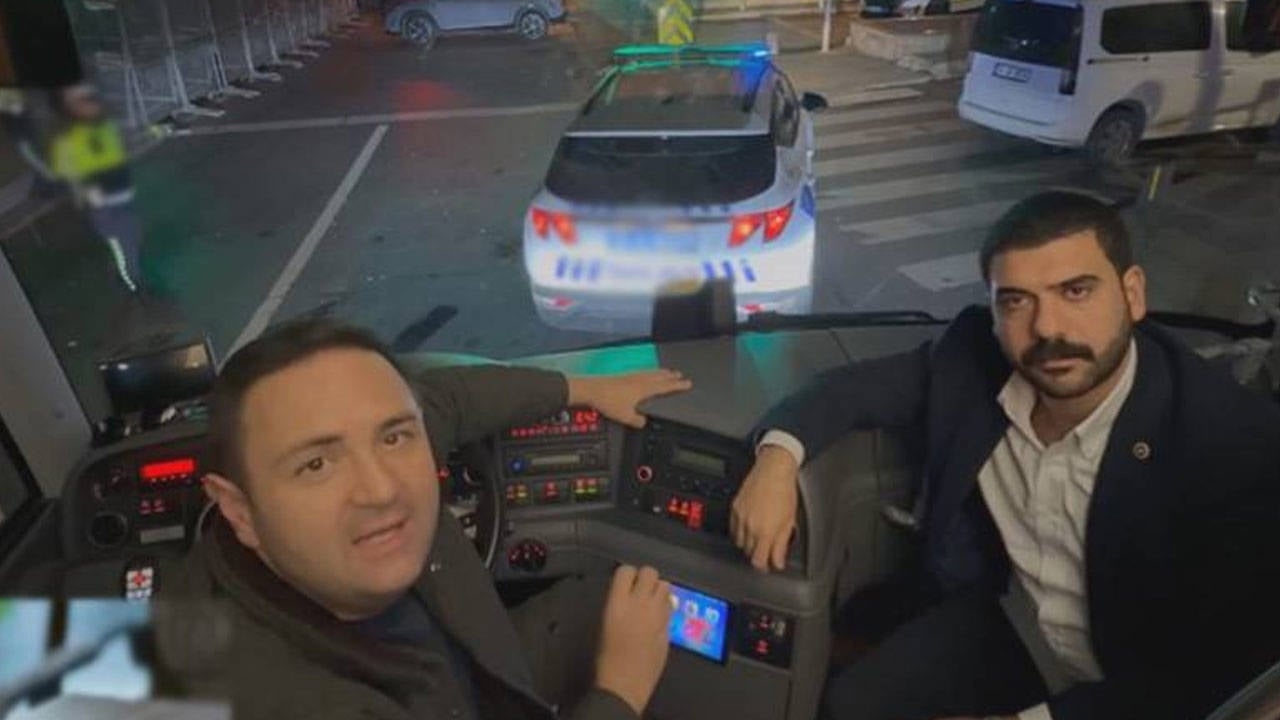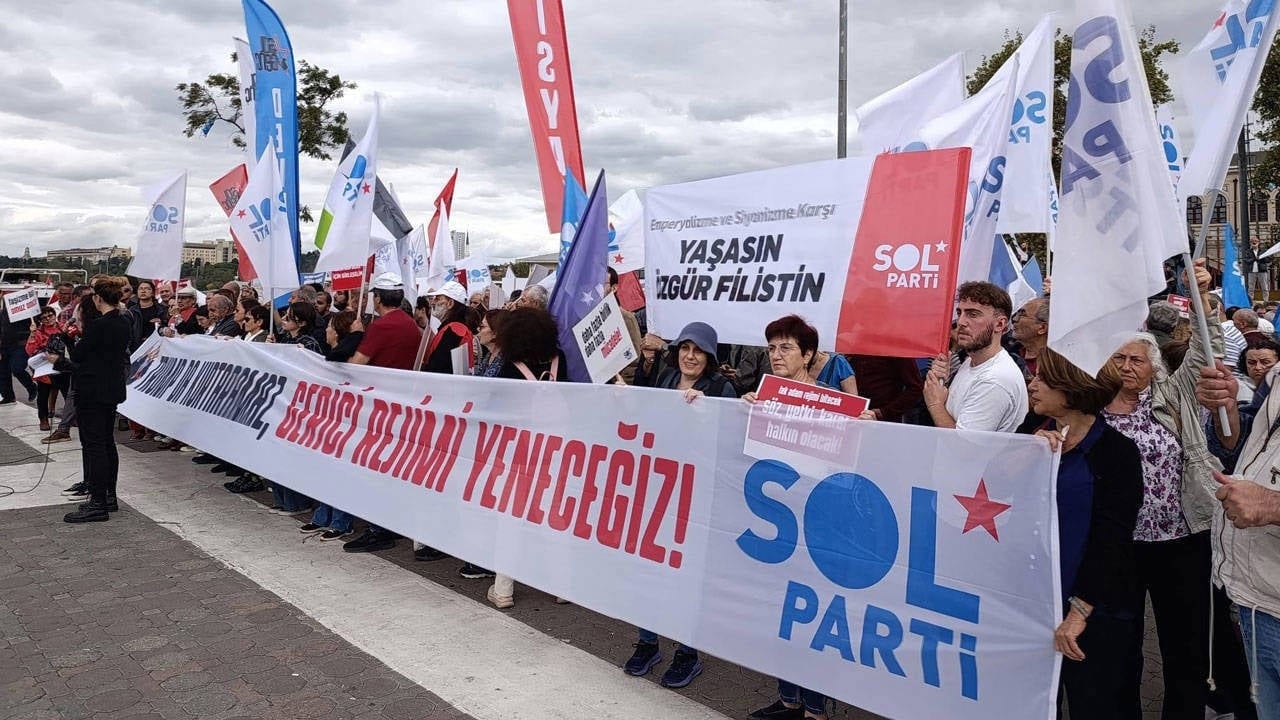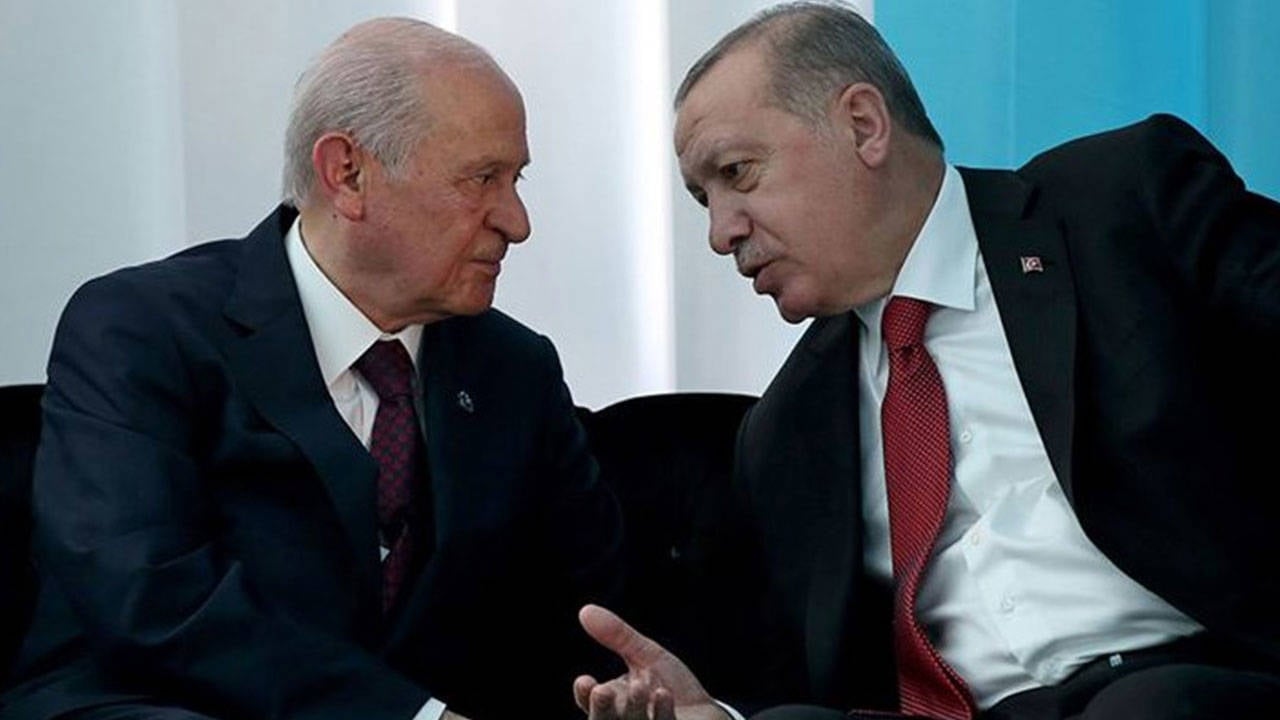Law; once upon a time!

As the events of the past week have once again proven, the law in our country is going through very ups and downs.
First, the two highest-ranking courts of the country's legal system, the Constitutional Court and the Supreme Court of Appeals, make albeit "very muted and limited" references to "universal law." Then, while the famous "absolute nullity case" against the CHP was dismissed with a very positive decision, the negative impact of the "espionage" accusations is also evident.
EVEN IF IT'S SKINNYA legal meeting was recently held in Diyarbakır with the support of the Council of Europe, of which Türkiye is a founding member, and the European Union, of which Turkey has been a candidate member for decades. The meeting had a catchy title: "Project for Supporting the Effective Implementation of Constitutional Court Decisions in the Field of Fundamental Rights."
At the meeting, Constitutional Court President Kadir Özkaya and Supreme Court of Appeals President Ömer Kerkez spoke. After addressing the binding decisions of the ECHR and other international organizations, Constitutional Court President Özkaya stated, "We must not knowingly inflict even a single hair's breadth of injustice on anyone." Supreme Court of Appeals President Kerkez, as the saying goes, touches on the "very core" of the matter: after stating that Constitutional Court decisions regarding rights violations are "binding on all institutions," he makes a very pertinent point: "I want to emphasize this point unequivocally: Redressing the consequences of a violation is the most fundamental right of our citizens, and if a violation remains unredressed, the fundamental rights of our citizens will be violated again."
These statements remain abstract. In the context of the Gezi Park Protests, which have become a serious legal issue, how can the situation of those held in prison for years despite a court ruling be explained by "universal" principles? Furthermore, how is it that the 3rd Criminal Chamber of the Supreme Court of Appeals, chaired by Kerkez, blocked the implementation of the Constitutional Court's rights violation ruling regarding Hatay MP Can Atalay on January 4, 2024, claiming that "the Constitutional Court decision has no legal value"?
After the Atalay decision, the practice of disregarding an election or ballot box "based on a judicial decision" has gained immense breadth and depth, particularly within the CHP. The Supreme Election Council (YSK), a judicial institution whose decisions, like the Constitutional Court, are "final and binding on all," and the decisions of its provincial and district election boards are sometimes deemed invalid. The Constitutional Court and the Supreme Court of Appeals should have at least addressed this issue within the framework of universal law, following the Gezi Park protests. The disregard for election results has reached the point where the ruling party, the MHP, wants and can demand the results of the brilliant election held in the TRNC be ignored.
Other examples of disregard for universal principles are also taking place; fundamental universal principles of universal law, such as "a person is innocent until proven guilty" and "if the defendant is unable to flee the country or destroy evidence, trial without detention is the rule," are being disregarded. Furthermore, accusations are being made based on "political identity." The Constitutional Court and Supreme Court Presidents, who speak of universal law, are unable (for some reason?) to challenge this practice; unfortunately, they fail to raise the fact that EU countries refuse to take action against individuals Türkiye requests with a "red notice," citing a "lack of fair trial" in that country. The government's unimplemented "judicial packages" are being ignored.
The functioning of the economy and the law are intertwined. Stock exchange and foreign exchange transactions are carried out based on the outcome of the CHP-İmamoğlu lawsuits. The significant economic cost of İmamoğlu's detention is ignored. The will of the voters and the legal aspects of the crucial "taxation and budget" processes, which are currently at the forefront of the country's agenda, are ignored. Similarly, the severe economic and social devastation caused by the awarding of "public tenders" to government cronies and the determinant role of cronies in public employment are also not addressed by the two presidents.
This legal system, whose most fundamental flaws have been summarized, has produced and continues to produce devastating consequences; national and international criminal organizations are increasingly gaining visibility in the country; young people as young as teens, who should be in education, are able to form deadly gangs; moreover, the current "judicial processes" are so chaotic that the notion that "the guilty are out, the innocent are in" is gaining ground in society.
IN ANKARAIn this environment of gross lawlessness, a decision that made one wonder, "There are judges in Ankara ," disregarded the CHP's request to "ignore" the change of leadership two years ago. It is clear that the decisive factors in this decision were the very strong stance of the CHP leadership, along with its presidential candidate, E. İmamoğlu; the positive stance of the Supreme Election Council (YSK), which championed its own raison d'être; and, as the true foundation of all this, the public's determined and informed participation in CHP-organized rallies.
The “simultaneous” “espionage” accusation against presidential candidate İmamoğlu, his close colleague, freedom advocate and publisher Meydan Yanardağ, and numerous others, along with Yanardağ’s arrest and the appointment of a trustee to the pro-liberal press and broadcasting organization TELE1, prove that more efforts must be made to implement the law in this country with its universal characteristics.
The country's legal system must immediately rid itself of this "once upon a time, long ago" confusion and operate according to "universal rules." In this regard, society as a whole, but especially the two institutions at the apex of the judiciary, the Constitutional Court and the Court of Cassation, have a historic and immense responsibility.
BirGün




